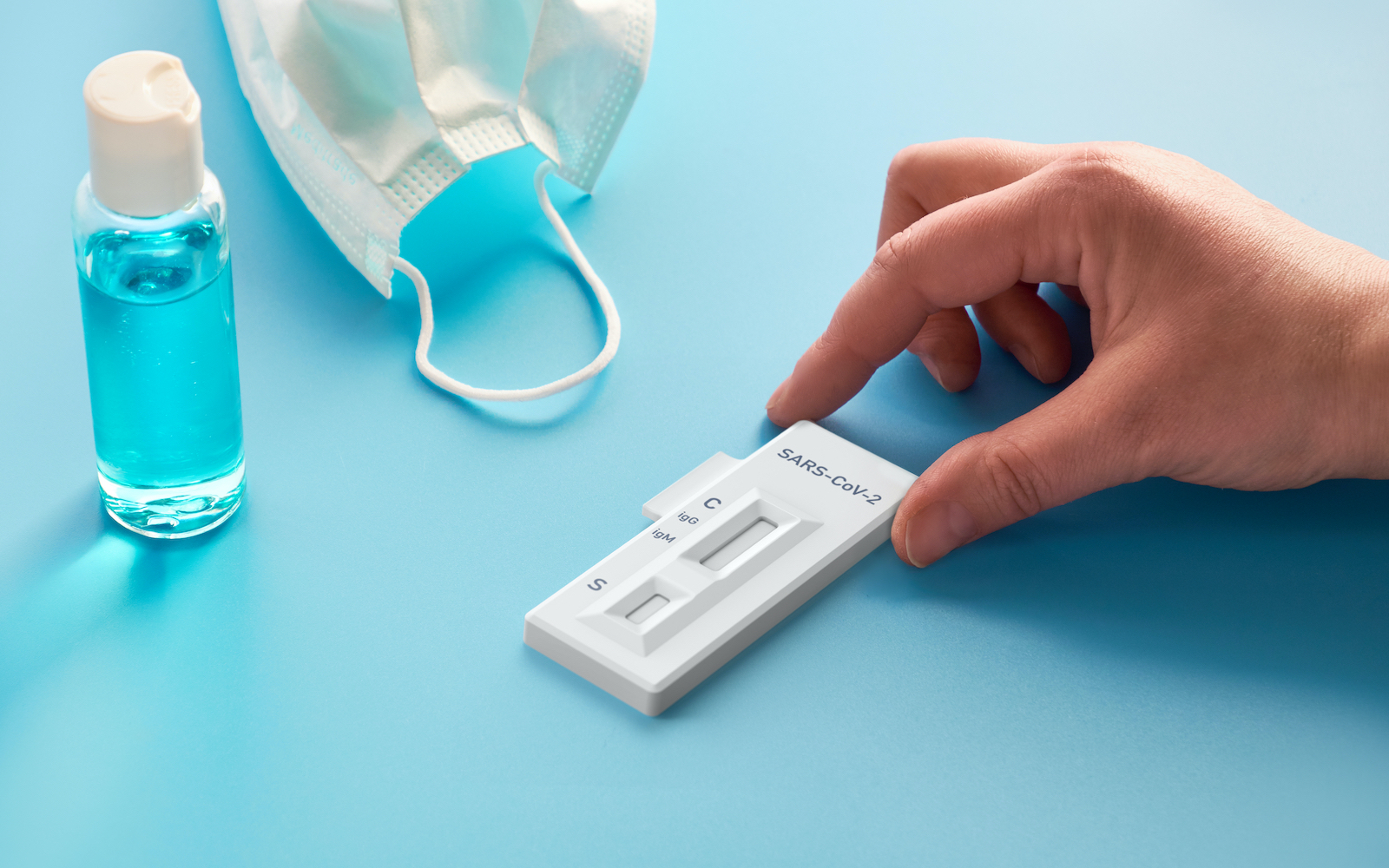Though COVID-19 vaccination efforts may be gaining momentum across the globe, the emergence of novel variants has fueled a worldwide surge in new cases and deaths. Rapid and accurate testing, therefore, remains key to containing SARS-CoV-2’s spread.
Among the different types of COVID-19 tests, serology assays stand out for their quick turnaround time and convenience, offering results in a matter of minutes instead of hours or days. Such tests work by detecting antibodies to specific viral proteins in our blood, providing an easy way to identify people who may have had recent or even past SARS-CoV-2 infection.
However, as SARS-CoV-2 is highly similar to other coronaviruses, false positives may result. Moreover, serology assays that rely on recombinant proteins can be costly, limiting their use in disadvantaged areas that may need them the most.
To pave the way for more accurate and cost-effective serology assays, researchers led by Lisa Ng, a Senior Principal Investigator at A*STAR’s Infectious Diseases Labs (ID Labs) identified four specific epitopes—sections of SARS-CoV-2’s proteins—that were highly recognized by antibodies in COVID-19 patients’ plasma.
Ng and her team pinned down the four linear epitopes by constructing a library of pooled SARS-CoV-2 peptides covering the virus’s various proteins. Taking plasma from patients with COVID-19, recovered SARS and seasonal cold patients, as well as healthy donors, the researchers used an enzyme-linked immunosorbent assay (ELISA) to screen for any antibody reactions against the peptide pools.
According to the team, the peptides S14P5, S20P2, S21P2 and N4P5 were highly recognized by antibodies within the plasma of COVID-19 patients. Neither recovered SARS patients, seasonal cold patients nor healthy donors had significant amounts of antibodies that recognized these peptides, demonstrating the specificity of the epitopes for SARS-CoV-2.
Incredibly, should these epitopes be applied in serology assays, a combination of all four peptides could result in a test with 100 percent specificity and specificity—at a fraction of the current costs.
“Unlike whole proteins, peptide epitopes are cost-effective and can be manufactured easily and quickly,” explained Ng. “When detecting specific epitopes compared to whole recombinant proteins, issues of cross-reactivity are [also] minimized.”
Aside from detecting past exposure to SARS-CoV-2, the peptides can also be used to indicate the progression of COVID-19 severity. For instance, the researchers found that high antibody levels against the epitopes were characteristic of severe COVID-19 patients admitted to the ICU or those with pneumonia.
“Given that COVID-19 has lasted for a little over a year, many researchers are striving to uncover more on the long-lasting responses of the disease,” Ng said. With these newly discovered epitopes, more reliable point-of-care serology tests may soon be on the horizon—boosting immunosurveillance and our understanding of COVID-19 as we work to limit the scourge of SARS-CoV-2 on the world.
The A*STAR-affiliated researchers contributing to this research are from the Infectious Diseases Labs (ID Labs).





